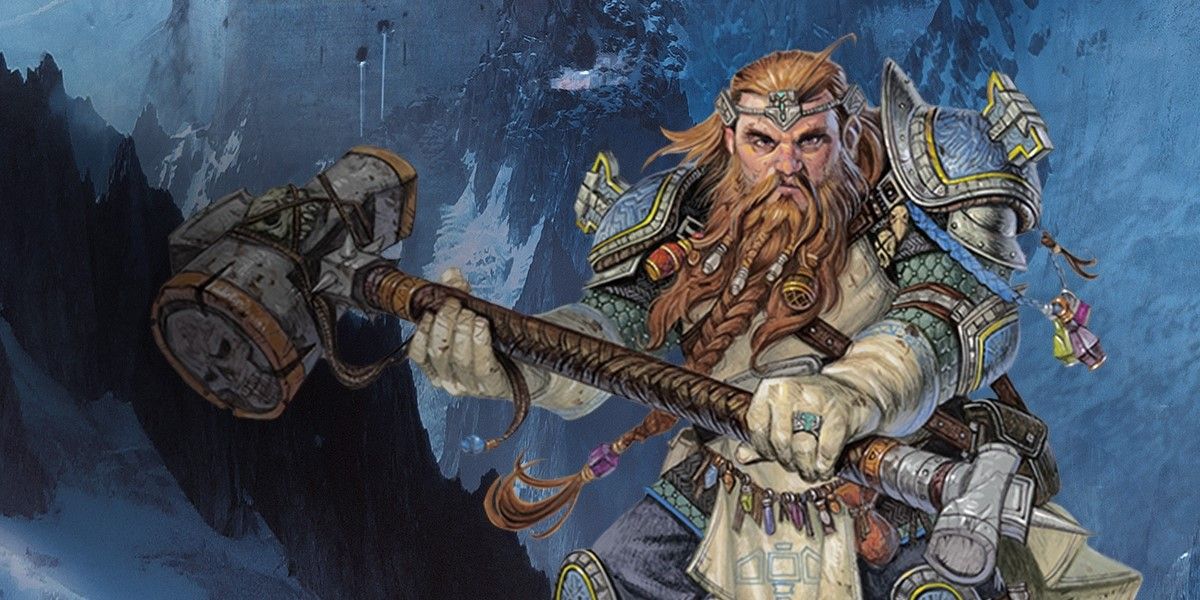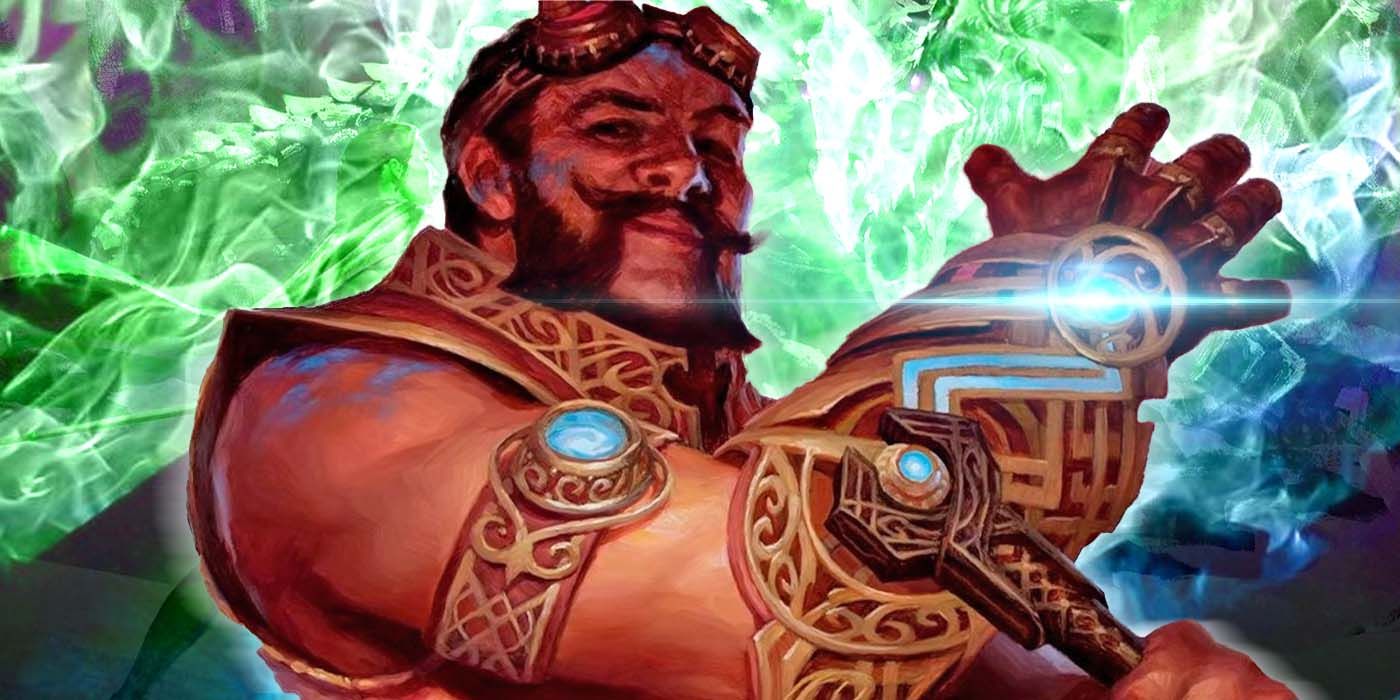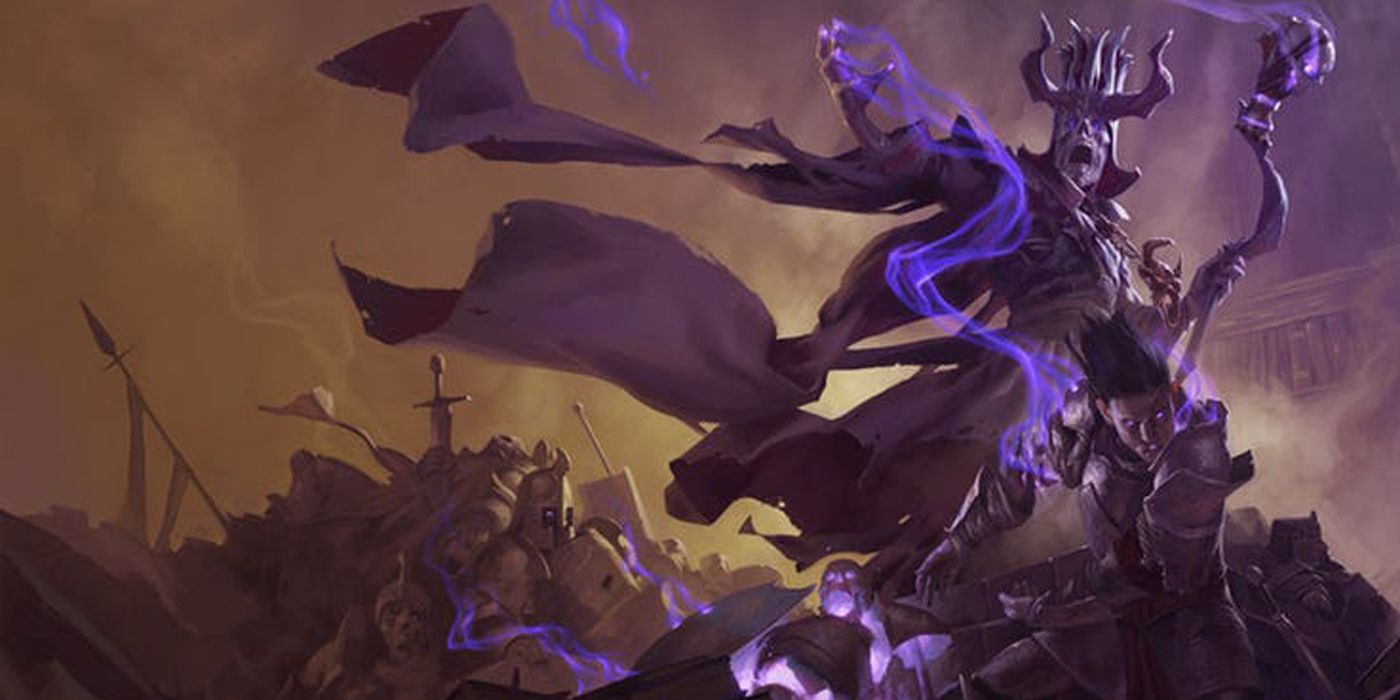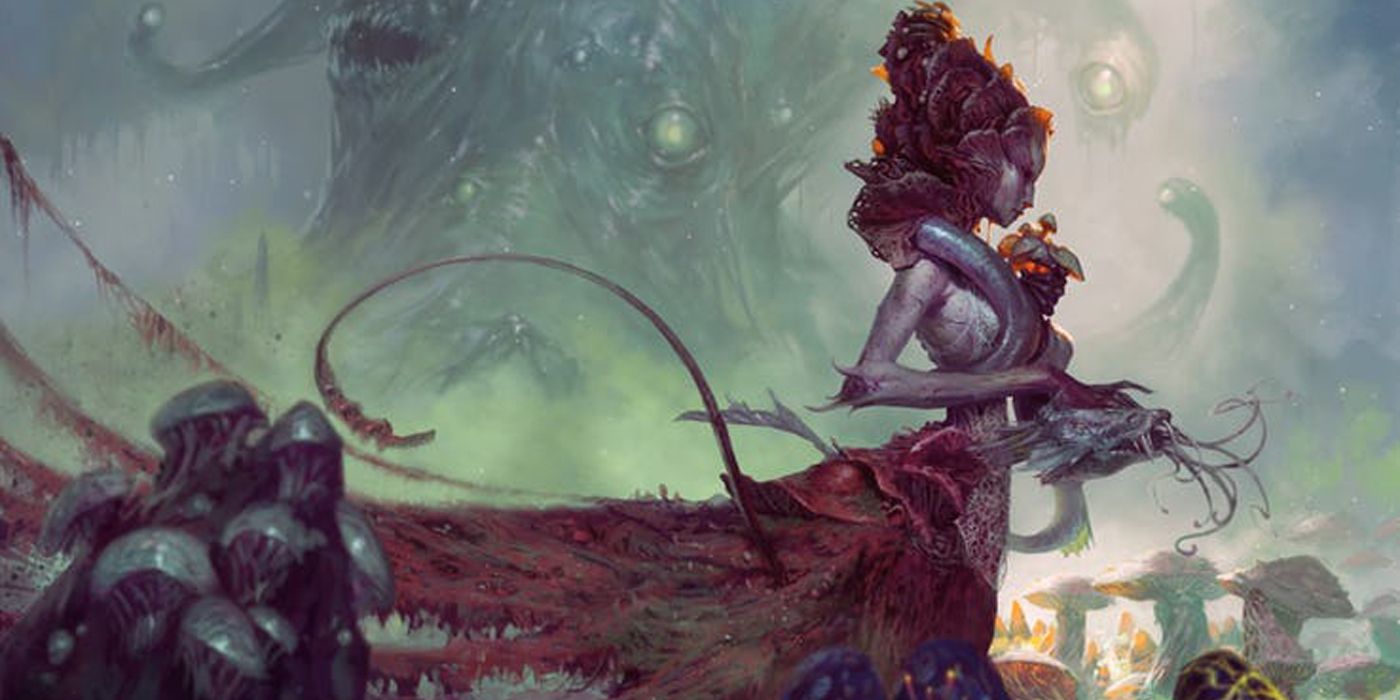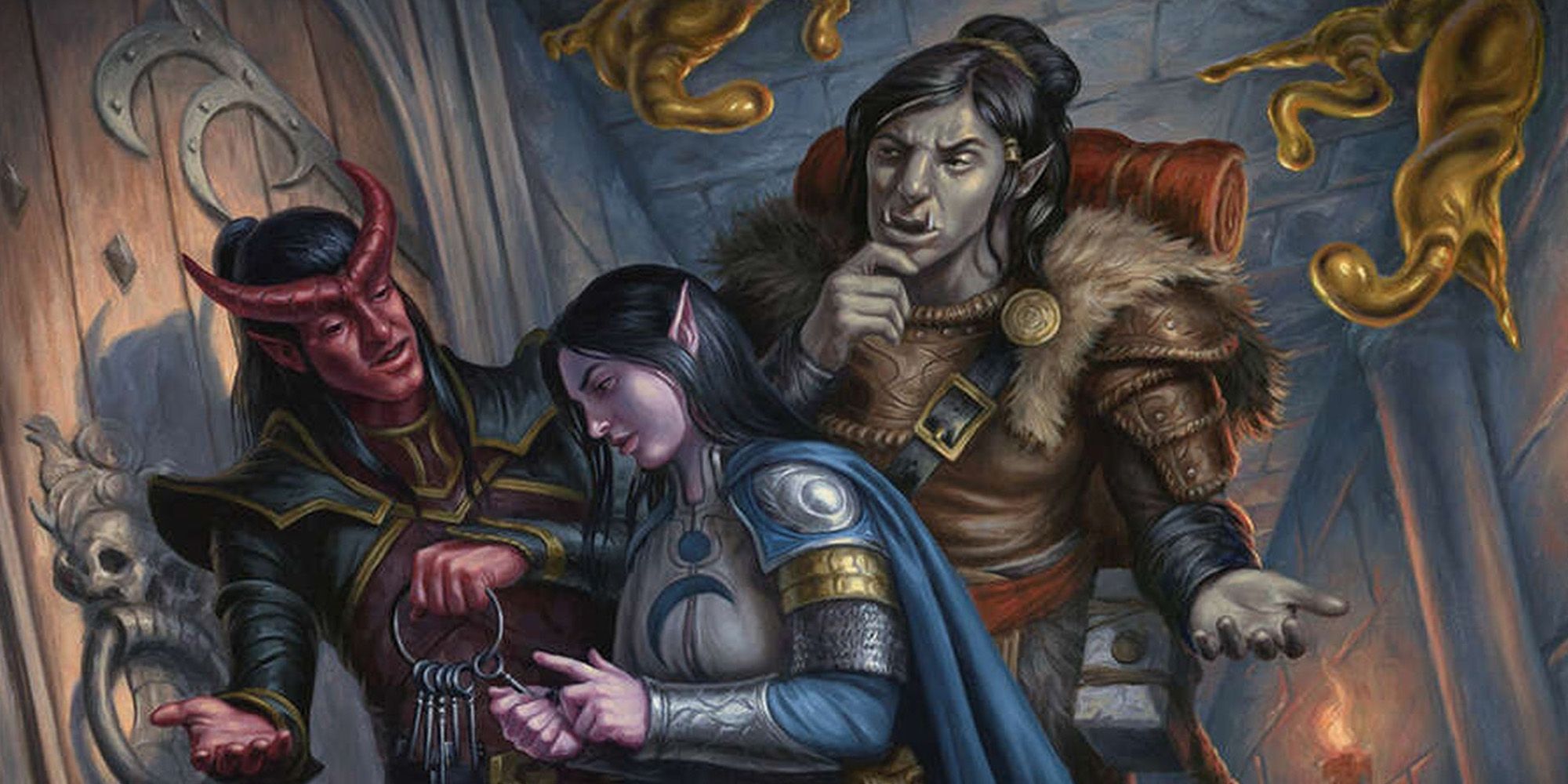The engine that powers all Dungeons & Dragons games is its story. Without it, the world's most famous tabletop RPG is just an endless supply of math problems solved with dice. Like any good story, the cast of characters is essential -- some of which will be heroes, villains or somewhere in between the two.
When trying to come up with a good player character, there are plenty of things to consider before sending the character sheet to the Dungeon Master. Creating an interesting PC involves more than simply rolling above average for abilities scores or acquiring the best gear. Instead, much of what makes a character unique are the circumstances which led to them to joining the party in the first place.
Consider the Race and Class
A character's race can have a huge impact on how they grew up and how they express themselves during their adventures. Depending on the setting and DM, some races may be less common or accepted than others. Think about where your character came from and where they have lived prior to the campaign. For example, a character who grew up in an environment where they faced discrimination -- whether that's due to their race, social or financial standing, or interests -- may develop an outsider mentality and anti-social trait.
Choosing a race may also make it easier to decide on a class. For instance, a player creating a Goliath may want to go with the Barbarian class to take advantage of their physical traits and abilities -- or they can go in the opposite direction and create a Bard who wants to break from the stereotypes associated with their race. There are a plethora of ways to mix and match races and classes, but having a reason behind a character's skillset will make them more believable.
Alignment Is Important
Another important thing to determine early on is where your character falls on the alignment chart and why. As with race and class, moral alignment will influence how your character sees the world and react in different situations. It's also important for that alignment to make sense with the rest of the character -- for example, it wouldn't make sense to create a Lawful Good Cleric who serves Cyric, the Prince of Lies.
If your DM uses Inspiration as a reward for good role-playing, understanding a character's alignment can assist in gaining that extra roll of the die. Regardless of which alignment you pick, it'll be important to maintain that throughout the game -- unless there's a good reason to go against it.
Add Some Mystery
While it's tempting to try and determine everything about your character's backstory yourself, it's best to leave some things as mysteries to be solved during the campaign. Giving a character a reason to tread through their old haunts and discover the truth about their history is an excellent way to make a story meaningful while keeping the players involved.
Be sure to let the DM know about any relevant mysteries in your character's backstory, as this will help them fill in gaps in their own narrative while also incorporating your character into the world. A PC's backstory may provide key characters and moments that ultimately impact the direction the party takes. Some examples include having a partner who suddenly disappeared or a character not knowing who their biological father is. These kinds of mysterious give players something to work towards during the campaign and can be incredibly fulfilling when solved.
Define Your Character's Goals
Most DMs won't care so much about what a character wants and more that they want something at all. As a player, laying out what keeps a character going will give the DM a good way of pulling the story along while also provide opportunity for your character to grow. Incentivizing a party with what they want will lead to more powerful moments than simply threatening their survival.
Bear in mind that a character's goals may change as the campaign continues. A good DM will challenge what a character's goals are, possibly encouraging them to value friends above treasure or to seek closure rather than revenge. Laying out a starting goal -- possibly something as simple as hunting down a specific animal or finding the herb needed to cure a loved one's illness -- is key to ultimately creating a fulfilling arc.

